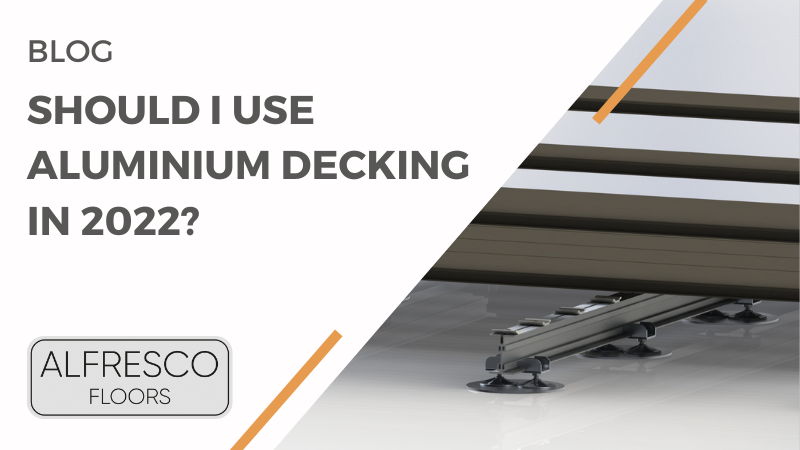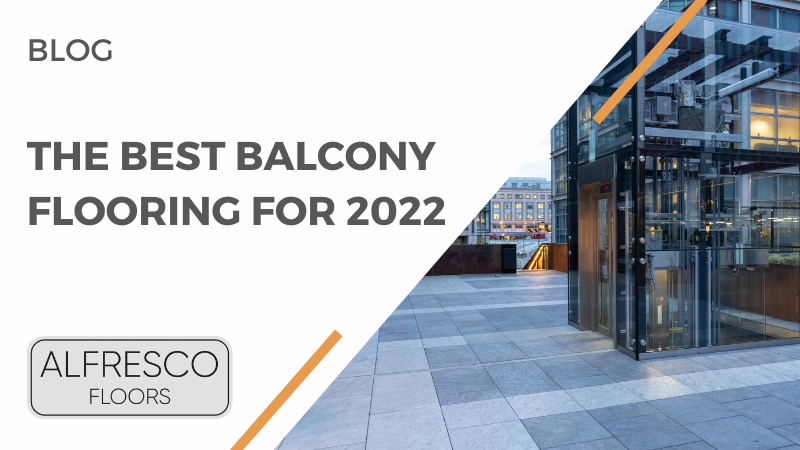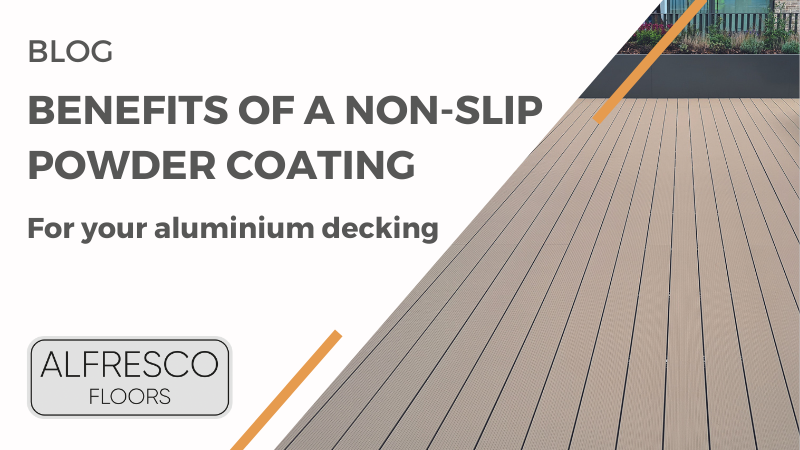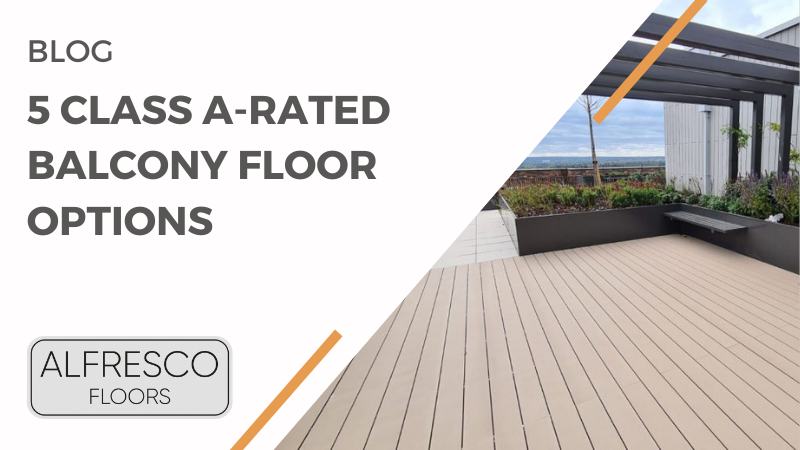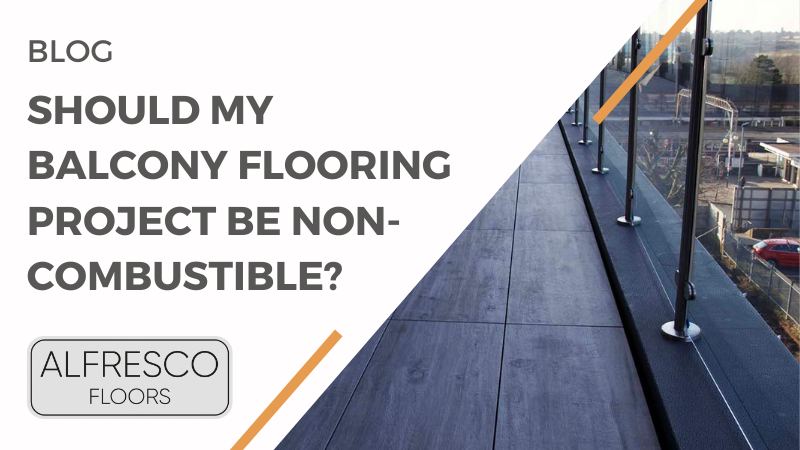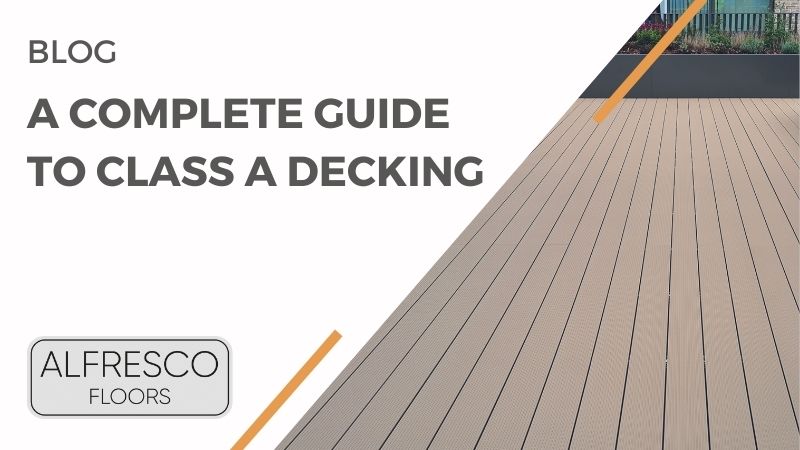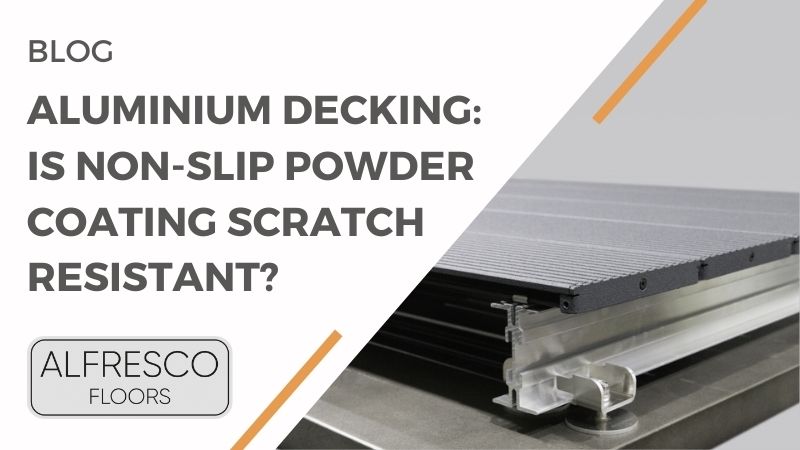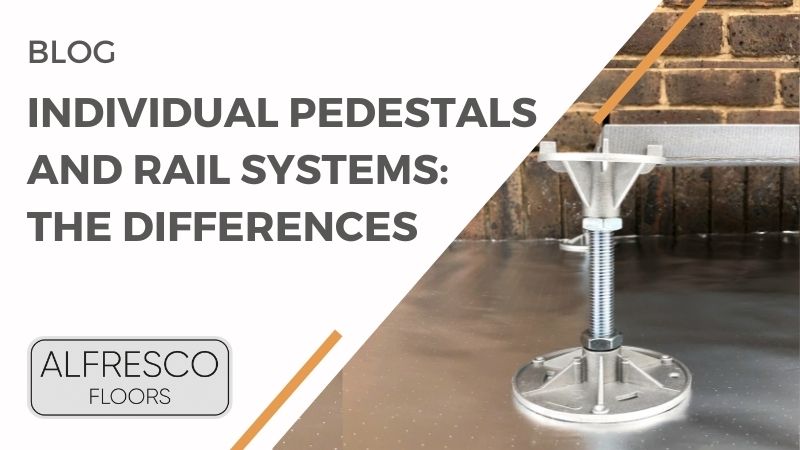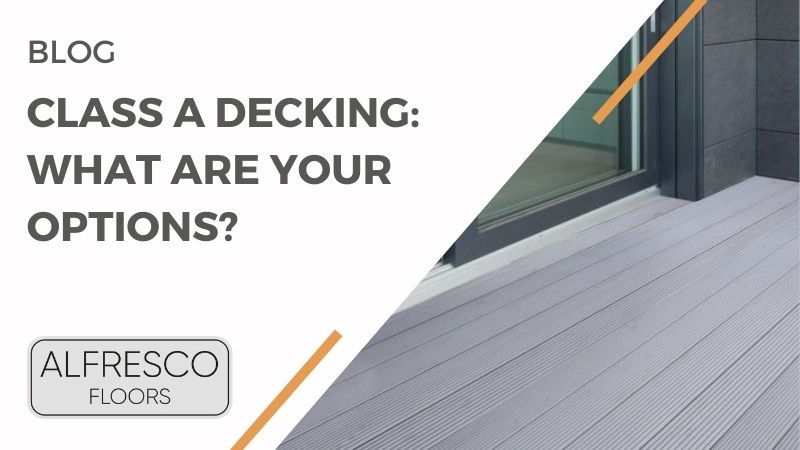18 Jan Should I Use Aluminium Decking In 2022?
2022 is already upon us and you’ll be starting to think about your projects over the next year.
When you’re looking at balcony flooring, it’s fair to say that over the past couple of years, finding the perfect flooring materials has been more difficult. With fire safety regulations and tighter building legislation, you are now working with a reduced menu of materials to choose from.
Despite this, you can be assured that there are plenty of options available.



